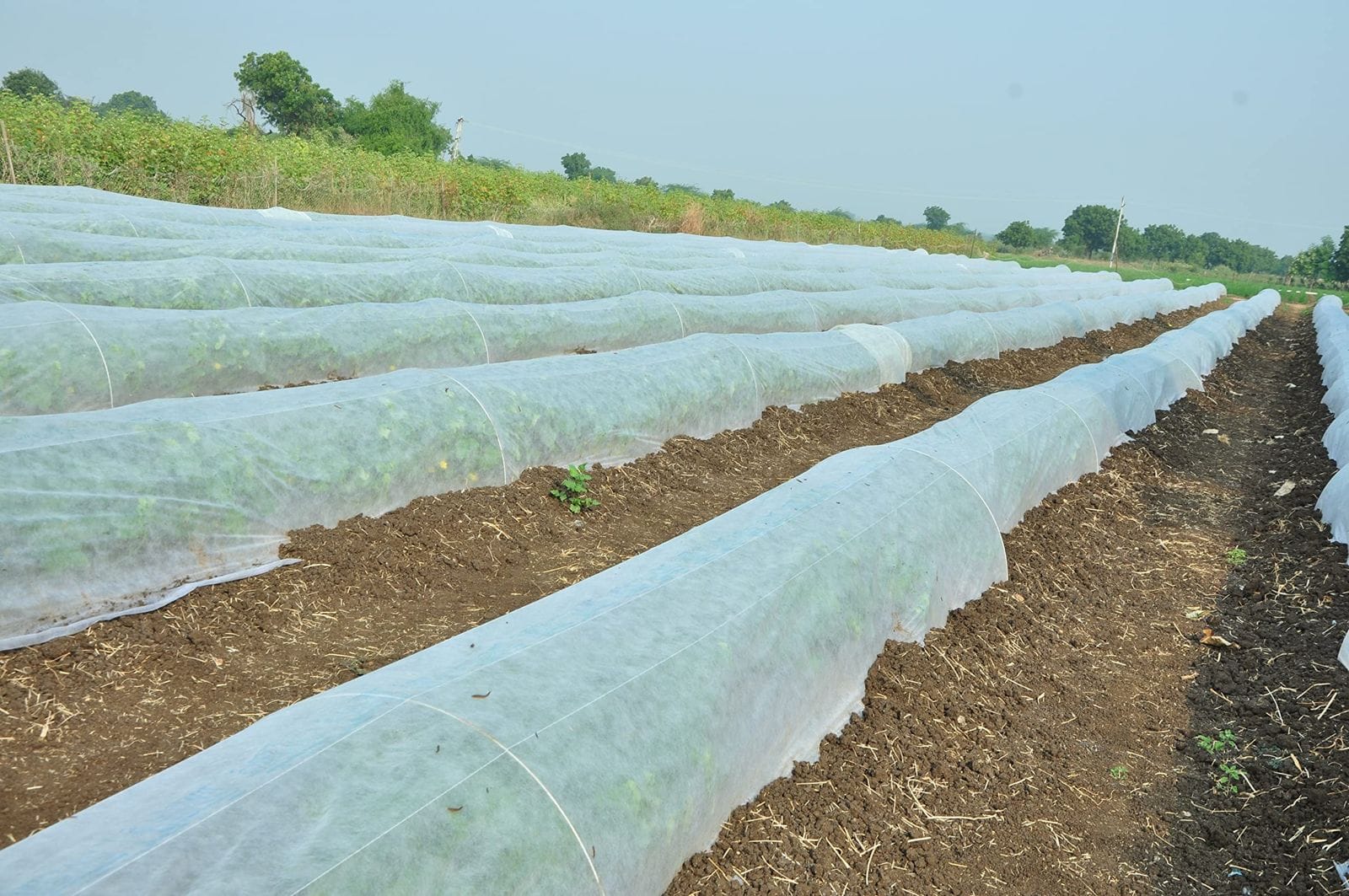Introduction
Agronomy is the science of soil management and crop production. For beginners in farming, understanding agronomy is essential for improving yields and maintaining sustainable practices. This article explains the key principles of agronomy and how farmers can apply them.
Key Principles of Agronomy
- Soil Health Management
- Importance of organic matter, soil fertility, and nutrient balance.
- Best practices for soil testing and improving soil quality.
- Crop Selection and Rotation
- Choosing crops based on climate, soil type, and market demand.
- Benefits of crop rotation in pest control and soil fertility.
- Water Management and Irrigation Techniques
- Efficient irrigation methods like drip irrigation and rainwater harvesting.
- Preventing waterlogging and improving drainage systems.
- Weed and Pest Control Strategies
- Integrated pest management (IPM) and use of biological control agents.
- Safe application of pesticides and herbicides.
- Sustainable Farming Practices
- Adoption of organic farming and conservation agriculture.
- Benefits of agroforestry and intercropping.
📞 Need Expert Agronomy Advice? Call Us at +91 7014180458
📧 Email: ratanmetalsjaipur@gmail.com




